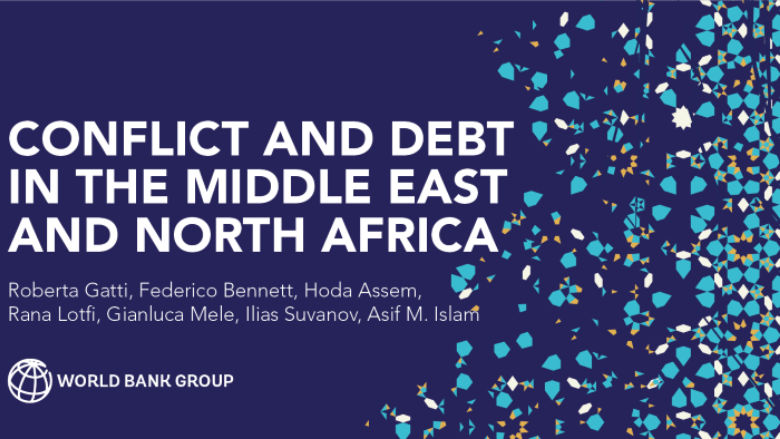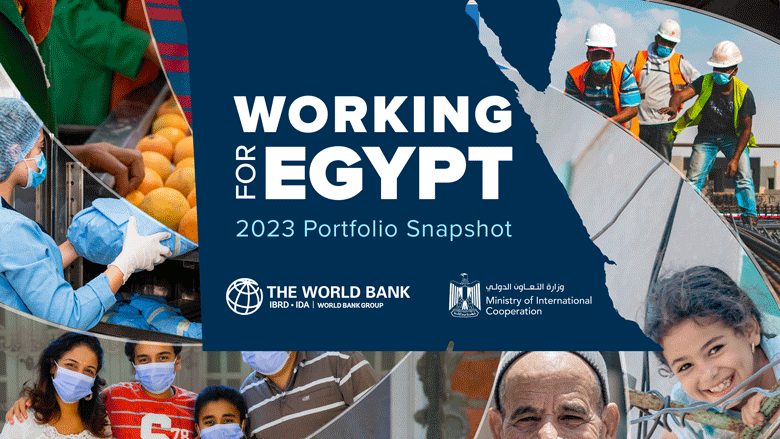Egypt, classified as a lower middle-income country, possesses significant potential to leverage its existing agriculture, manufacturing, and services sectors, a large domestic market, and strategic geographic location as a gateway to Africa, Asia, and Europe. These factors can be harnessed to attract both foreign and domestic investments.
Egypt is pursuing macroeconomic stabilization and structural reforms, supported by the IMF, the World Bank, and other development partners. External accounts remain under pressure, despite the adjustments since March 2024. This is mainly due to the scarring effect of the long-standing challenges related to the elevated public debt, sluggish exports performance, below-potential private activity and productivity, as well as the ongoing implications of the Middle East conflict, notably on the Suez Canal.
Growth is forecast to increase from 2.4 percent in FY24 to 3.8 percent, 4.2 percent and 4.6 percent in FY25, FY26 and FY27, respectively, driven by increased private consumption due to easing inflation and higher private investment. Risks however are tilted to the downside, if the ongoing shifts in global trade policy contribute to international supply chain disruptions and uncertainty that may hurt investor sentiment. The budget deficit is projected to surge to 7.2 percent of GDP in FY25 from 3.6 percent in FY24, due to higher interest payments and a decline in non-tax revenues, compared to the previous year which had benefited from one-time revenues generated by the Ras El Hekma deal. While the government debt-to-GDP ratio is expected to decline in line with the projected resumption of fiscal consolidation, contingent liabilities remain a concern as they have increased from 28.7 percent at end-January 2023 to 34.0 percent at end-June 2024.
External financing requirements remain substantial, with upcoming external debt obligations in addition to the commitment to repay the arrears to international oil companies. The current account deficit is projected to widen further in FY25 due to higher gas imports, and a sluggish recovery of Suez Canal receipts. The recent drop in international oil and gas prices should help ease external account pressures, but this may be counterbalanced by the potential subsequent decline in remittances (mostly from Egypt’s diaspora in oil-exporting Gulf economies). The IMF financing, the recent sovereign Eurobond issuance, and other sources of international financing would help the country meet its near-term commitments.
Accelerating structural reforms to create a conducive environment for the private sector, to strengthen institutions and macro-fiscal stability, and to advance human development are all critical for productivity growth and improved socioeconomic outcomes.
Last Updated: Apr 25, 2025







